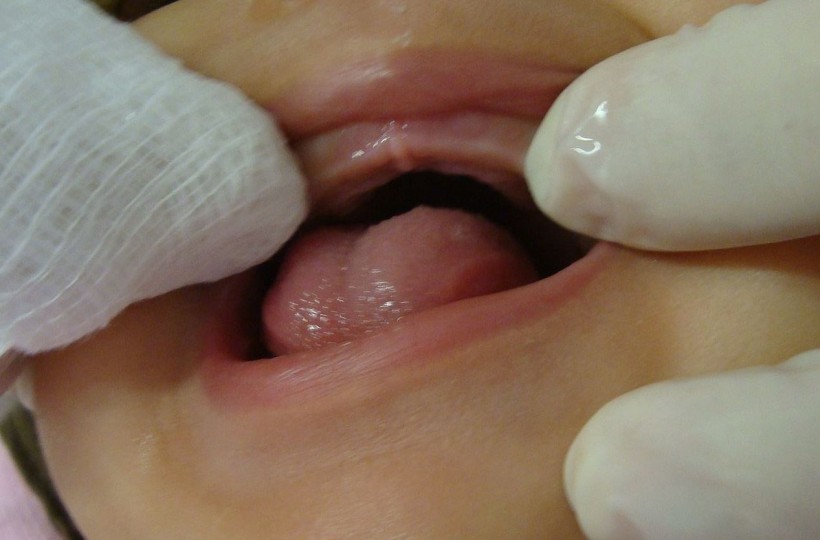Tips for Taking Care of a Baby's Oral Hygiene
Warning: Undefined variable $post in /home/dietofli/public_html/wp-content/plugins/code-snippets/php/snippet-ops.php(584) : eval()'d code on line 3
Warning: Attempt to read property "ID" on null in /home/dietofli/public_html/wp-content/plugins/code-snippets/php/snippet-ops.php(584) : eval()'d code on line 3
The estimated reading time is 3 minutes
Warning: Undefined variable $post in /home/dietofli/public_html/wp-content/plugins/oxygen/component-framework/components/classes/code-block.class.php(115) : eval()'d code on line 3
Warning: Attempt to read property "ID" on null in /home/dietofli/public_html/wp-content/plugins/oxygen/component-framework/components/classes/code-block.class.php(115) : eval()'d code on line 3

Pediatric Dentistry
Pediatric dentistry is a branch of dentistry that focuses on preventive and therapeutic oral health for infants and children all the way through adolescence. It also includes people with special needs. A pediatric dentist focuses on treating mouth, teeth and gum diseases, as well as an early intervention during the growth of teeth to prevent extensive problems in the future.
Some of the procedures the dentist will conduct include treatment of dental emergencies like broken teeth, diagnosis and treatment of cavities, and comprehensive dental examinations. He or she will provide information to the parent regarding the child's dental health, nutritional information, and cleaning tips. Experienced Midtown dental care dentists will help provide proper dental care to one's child, and establish good dental habits, as they grow older. (1)
Care During Teething
As the baby's teeth grow, they require minerals, especially fluoride to make the enamel stronger. Most municipalities put fluoride into the drinking water, but if you notice that your’s does not contain it, they can talk to the dentist about adding fluoride to the child's diet. The baby's gums also need to be taken care of. During teething, and even before the first tooth comes, one can use a clean, damp cloth to wipe the baby's gums on a daily basis. Wrap the cloth around the index finger to carefully wipe it all around the gums. Infant brushes are also available but these should be used without toothpaste.
Once the first tooth appears, start brushing it once a day. Brush the baby's teeth in small cycles. A tiny amount of toothpaste can be used with water to rinse it. Fluoride toothpaste made specifically for infants is ideal. The rest of the baby's gums should be wiped as before. When more teeth grow, and once they are located side-by-side, one can start flossing them regularly. It's best not to put juice in a baby's bottle as it may cause bottle mouth. (2)
Dental Habits after Teething
Although it varies from child to child, most babies begin teething at around 6 months of age. Normally, the first two bottom teeth grow first, followed by the top two. Because of the discomfort caused by growing teeth, the baby may become irritable, have sore gums and start to chew on random solid objects. A few things one can do to alleviate the baby's discomfort include soothing the baby's gums by rubbing it and applying pressure, and giving the baby something cool to chew on such as a spoon or some cooled hard carrot or cucumber.
Depending on how painful it is for the baby, one can also choose to try medications, for instance, ibuprofen or acetaminophen, after consultations with the doctor. One can also switch to brushing teeth twice a day. Once adult teeth have grown, thumb-sucking should be stopped as it can cause permanent damage to the mouth, teeth, and roof of the mouth.
Dental Care through Feeding
When it comes to feeding, breast milk is the best food for the baby, and it should go on until the baby is at least six months old. Breast milk should not have any negative impact on the baby's teeth as long as the gums and teeth are cleaned after. Whatever the mother eats affects the baby thus while breastfeeding, one should eat a healthy, well-balanced diet. Calcium is essential to develop strong teeth and bones, and iron can be added to the diet once the baby starts eating solid food. Sweetened snacks and cereals should not be allowed. Lastly, avoid fruit juice as much as possible. It contains a lot of sugar.














